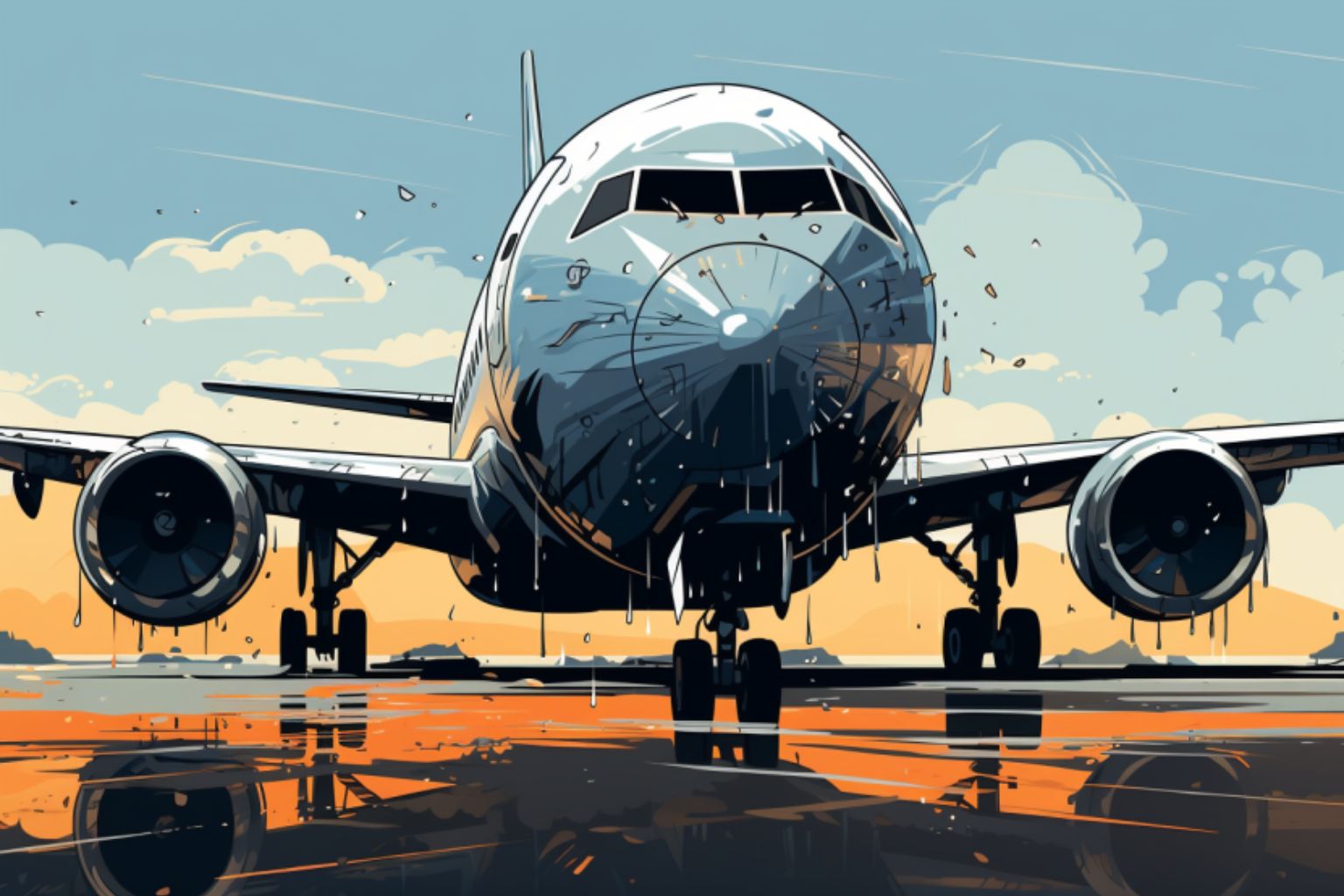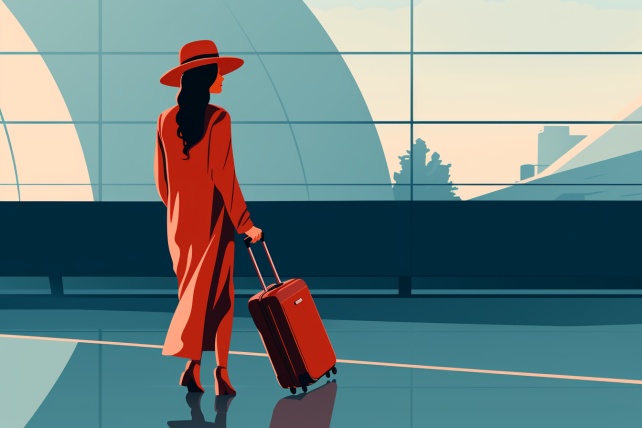Sue Marcus was looking for a flight from Washington to Tulsa. Instead, she found trouble with real time airfares.
Every time the American Airlines website asked her to select a return flight, it came back with an error message saying that the fare she’d selected was “no longer available.” She phoned the airline to finish the reservation. “A customer service agent told me that she couldn’t use the same Web system that the public sees, though she found a fare that was $50 higher than the flight I’d originally chosen,” says Marcus, a retired government worker from Fairfax, Va.
When Marcus asked why this was, the agent explained that the booking process operates in ‘real time,’ while the website doesn’t update as quickly. In other words, someone else had already purchased the fares Marcus was viewing. “The representative said that there had been lots and lots of complaints about this issue,” she recalls.
The battle over “real time” airfares
That’s true. Gripes about what some call the airline “bait-and-switch” scam cross my desk regularly. Passengers find an affordable ticket price displayed on an airline Web site or by an online travel agency such as Expedia, Orbitz or Travelocity, but the fare vanishes when they try to buy it. Passengers like Marcus then have no choice but to book a more expensive flight.
But help may be on the way. A proposal by the International Air Transport Association would establish a new standard for selling airline seats, called the New Distribution Capability.
Such a system would offer “real-time” fares, completely eliminating one of the most persistent problems for travelers who book their own airline tickets.
Problem is, a large part of the travel industry wants nothing to do with the NDC — and with good reason. The U.S. government is currently reviewing the NDC proposal, which the travel agents and other travel technology companies did not have any significant input in creating. Critics predict that if the system is implemented as expected, it could actually make airfare shopping more challenging and compel passengers to pay higher ticket prices.
A clash of visions
The two groups — the IATA and a coalition of agents and technology companies called Open Allies for Airfare Transparency — are making the rounds in Washington this summer to talk about the future of airline tickets, with decidedly different viewpoints. At stake isn’t just the fix to Marcus’s ticket problem, or even the way we book airfares in the future. The outcome of this debate could potentially impact the entire travel distribution system. (Related: Are custom airfares good or evil?)
The IATA’s vision of the NDC’s effect on travel is admittedly optimistic. It says that if the government approves the standards, passengers will be able to shop for airfares, compare prices and amenities, and receive special offers if they choose to share personal information, such as their frequent flier number, age or marital status, with an airline. What’s more, the new system might allow holdouts such as Southwest Airlines to be more widely available through online travel agencies, which they currently aren’t. The IATA made these claims to me in an impressive half-hour PowerPoint presentation that suggested how travelers might use the NDC.
Potential benefits and drawbacks
“Consumers would benefit from it,” says Perry Flint, an IATA spokesman.
Open Allies begs to differ. If the NDC is approved, the group claims that shopping for an inexpensive airfare would become even more challenging than it is today. An airline could refuse to show you its cheapest fare unless you register and share information with its site, and even then, it might show you confusing fares that include options such as in-flight wireless and free checked luggage. You might not be able to compare prices between airlines.
“The bottom line,” says Andrew Weinstein, a spokesman for Open Allies, “is that this will reduce competition.”
What’s really going to happen? The Transportation Department, which would have to approve the NDC, isn’t saying. Open Allies hopes that the IATA will scrap the proposal and start again, this time inviting it to collaborate on a standard that will include other stakeholders, both in terms of input and financial rewards. The IATA wants the government to rule quickly and in its favor, so that it can begin creating reservation systems based on its proposed standards.
The technological stalemate
If both sides agree on anything, it’s that we won’t see this new technology implemented for at least five years, provided that regulators sign off. And that’s the problem. Bickering about these proprietary distribution systems doesn’t benefit passengers.
You don’t need to be a consumer advocate to recognize that the process of buying airline tickets – and booking travel in general – remains trapped in the technological Dark Ages. If the various factions within the travel industry truly cared about innovation, they would have abandoned their antiquated mainframe reservations systems decades ago, when other industries embraced a little thing called the Internet. You might be surprised to learn that technology developed four decades ago continues to be used for making your electronic ticket reservation. (Here’s everything that you need to know before planning your next trip.)
Passengers caught in the middle
When it comes down to it, the companies squabbling behind the scenes aren’t concerned about Marcus’s fare confusion so much as they are with who controls the ticket information or pockets a reservation fee. Airlines are pushing for a change now because they see an opportunity to increase their revenue through a new system. Agents are fighting it because they stand to lose money if that system is adopted. Releasing airfare data without any restrictions would truly serve passengers. Such a move would probably solve Marcus’s ticketing problems almost overnight.
Rhetoric aside, the most unsettling part of this intramural skirmish may be that consumers are bound to be even more confused when they buy a plane ticket in the future. Would Marcus, who purchased a costlier airfare, have been any less frustrated by booking on a hypothetical NDC system?
No one really knows. But I wouldn’t bet on it.




